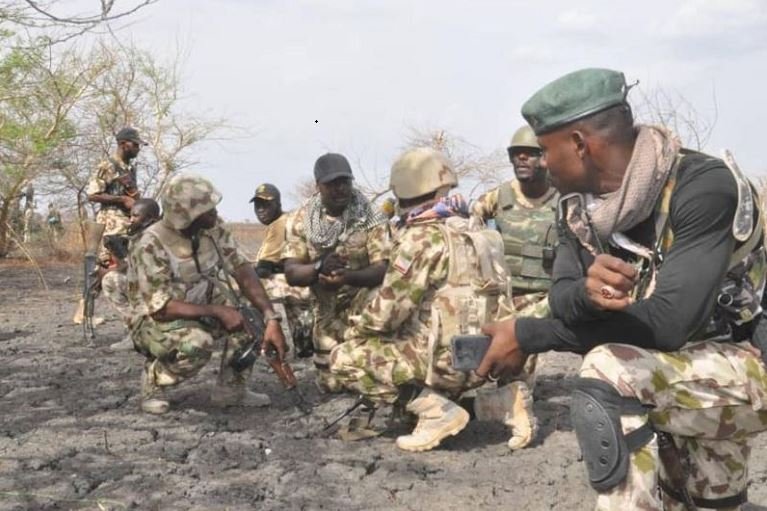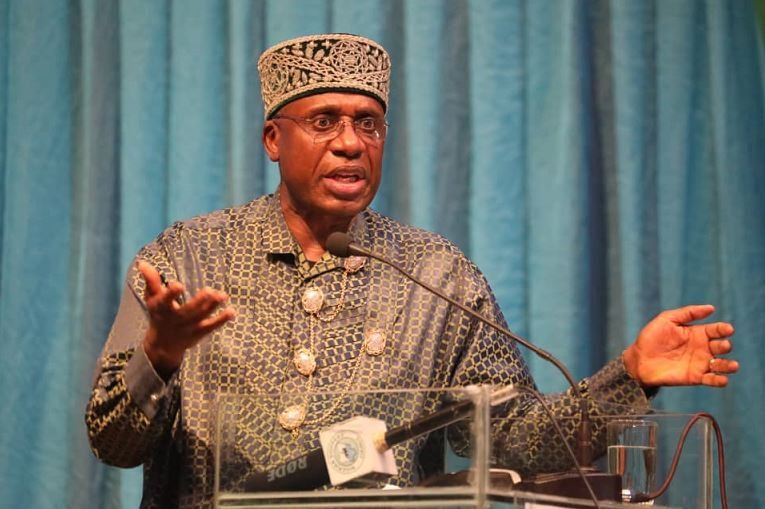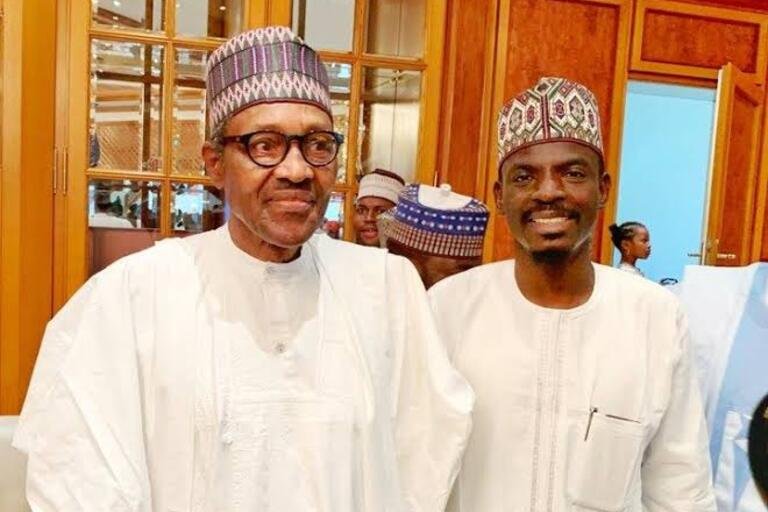By Solagberu Mustapha
Nigeria got her full independence on 1st October, 1960 under a constitution that provided for the parliamentary system of government with legislative powers vested in a bicameral parliament, executive power in a prime minister and cabinet, and judicial authority in a Federal Supreme Court.
The NCNC headed by Nnamdi Azikiwe who took control from Herbert Macaulay in 1946 after his death, formed a coalition with Abubakar Balewa’s NPC as neither party won a majority in the 1959 elections.
Balewa continued to serve as the prime minister, a position he had held since 1957, while Azikiwe took the largely ceremonial position of president of the Senate.
Azikiwe became president of the country on October 1st 1960, although the prime minister Balewa was still more powerful in the operational structure.
Nigeria’s long-standing regional worry, the root of ethnic competitiveness, educational inequality, and economic imbalance, came to the fore in the controversial national census of 1962–63.
In an attempt to repulse ethnic conflict, the mid-West region was created with the sole aim of dividing the Western region in August 1963; still, the country was subdivided into three large geographic regions, each of which was controlled by the three main ethnics; the Hausa, the Yoruba and the Igbo.
Conflicts were autochthonic, as elites beckoned on tribal enrichment and aggrandizement. In the western region, the government had fallen apart in 1962, and a snub of the federal election of December 1964 brought the country to the brink of crash which resulted to overthrown of federal government by a group of army officers in 1965. The 1966 coup by the northern group succeeded in overthrowing Aguiyi Ironsi and Gen. Yakubu Gowon mounted power.
The political future of Nigeria appeared bright with the victory of Chief Abiola on June 12, 1993 but Babangida’s annulment and Abacha’s seizure of power and subsequent rule reversed most of the gains that the country had made since 1960.
On May 29 1999, Olusegun Obasanjo was sworn in and he was reelected in 2003.
The Condition of Nigeria ameliorated somewhat under Olusegun Obasanjo’s civilian administration, but there was still disenchantment within some sections of the country; ethnic conflict erupted, demonstrations were held to protest the government’s oil policies and high fuel prices.
The Yar’adua-led administration was short lived and it is worth noting that his ability to serve the country while deuling with health issues was commendable as Nigerians will never forget his nine-point agenda and his spirit of selfless leadership while addressing valid concerns across board.
On May 6, 2010, Goodluck Ebele Jonathan took over after the demise of Musa Yar’adua, and assumed full office after working in an acting capacity while the president was receiving treatment abroad. He was elected in the subsequent poll having cleared about 59% of the votes among the 19 other challengers and the election was pronounced free and fair.
Among the most-pressing concerns in Jonathan’s first full term as president was the Boko Haram sect, which truncated the security of the nation leading to killings and series of bombings and as well as abduction of Chibok and Dapchi girls.
Prior to 2015 elections, there was a merger between Action Congress of Nigeria (ACN) and the Congress of Progressive Change (CPC) to form a mega party named All People’s Congress which came with the ‘Change’ mantra. The 2015 election saw Gen. Muhammadu Buahri and his running mate Prof. Yemi Osinbajo emerge as the winner and assume the post of office for the ‘Change’ delivery.
READ: Buhari institutionalises TraderMoni, N-Power, others
The Buhari-led administration met quite a number of problems; recession, low GDP/high rate of inflation, low foreign reserves, unemployment, insecurity and corruption.
Nigeria came out recession after five consecutive quarters of negative growth beginning in the first quarter of 2016, thanks to result driven policies focusing on the non-oil sector especially the agricultural sector, one of the key area of economy diversification of this administration.
The Nigeria foreign reserve skyrocketed to $45bn from $23bn in 2016 coupled with a drop in inflation and a slight increase in GDP.
The fight against corruption has been successful which has led to recovery of some national assets.
The Northeast region of Nigeria which was captured by the Boko Haram has been recovered and the abducted Chibok and Dapchi girls have been released.
The administration has recorded success in the areas of infrastructure; in electricity: by generating improved megawatts and provision of solar power in the rural areas and in some universities; good roads which have led Nigeria people to shower praises on Buhari-led administration and the same thing is being said on rail transportation as scores of projects are ongoing across the nation in the next level.
Another key area worth noting is poverty alleviation and tackling of unemployment, the administration came up with the National Social Investment Programme, the Government Enterprise and Empowerment Programme (GEEP) and Conditional Cash Transfer (CCT) as ways of tackling poverty, human capital development and reducing unemployment.
These social investment programmes are unprecedented in the history of the country, hence huge and immense successes have been recorded, including over 500,000 beneficiaries of N-power. Since its commencement in 2016, millions of Nigerians have benefited from GEEP, while the micro-credit schemes have empowered over 2 million micro-enterprises with collateral-free, interest-free loans to grow their businesses, over 10,167,853 school children are being fed in 1,054 public primary schools across the federation while 872,000 extremely poor households are benefiting from conditional cash transfer of #5,000 across the states of the federation.
The border closure has helped to improve our domestic products, reduced illegal smuggling of food and other items into the country.
The ease of doing business has in turn attracted foreign investors into the favorable business environment for Foreign Direct Investment (FDI).
Fifty nine years down the lane, Nigeria has recorded a resounding and remarkable achievement most especially under the leadership of President Muhammadu Buahri and Vice President Prof. Yemi Osinbanjo. The duo has remained resilient towards making Nigeria a better place for her people, even in the face of systemic obstacles that throw up resistance to change.
Our founding fathers would be proud of what have been achieved even though there’s wide room for improvement.
Nigeria is closer to the promise land today @ 59.
God bless Nigeria.
Solagberu Mustapha, a social commentator writes from Abuja, Nigeria’s capital











